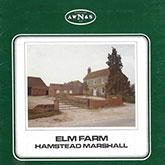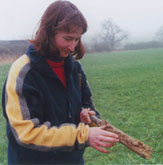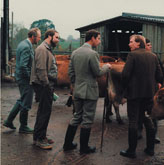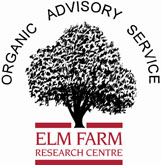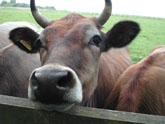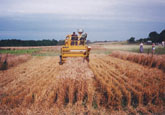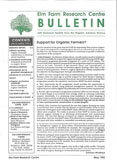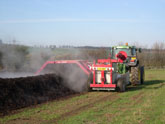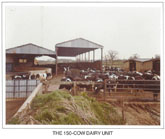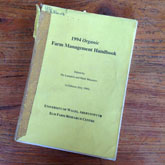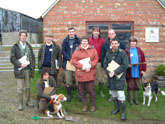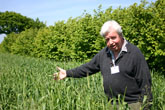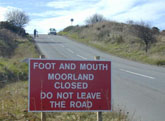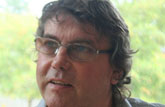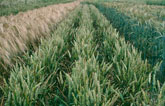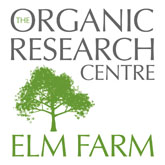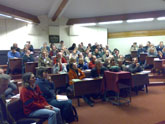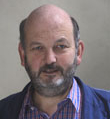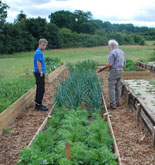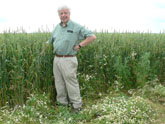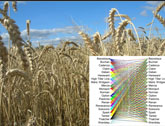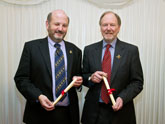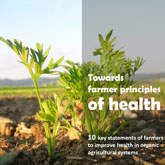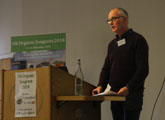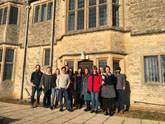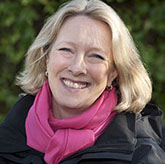We are a small charity, yet we are the UK’s leading independent research organisation for agroecological farming approaches such as organic and agroforestry; we drive our own research agenda to tackle global issues by acting locally and finding community-based solutions for farmers and their supply chains.
It has never been more important to achieve our common goal of mitigating climate change, protecting the natural environment, and enhancing biodiversity.
Discover the history of the Organic Research Centre below. Here’s how it all started over 40 years ago.
The Organic Research Centre was born out of crisis
In the 1970s the major global political issue was the oil crisis. Oil and natural gas are major raw materials in agriculture – not only as fuel but also the energy for fertiliser manufacture and in agrochemical production where it is the source ‘ingredient’ for pesticides.
As early as 1974, our founder, David Astor, started to think about how farmers could grow food without being dependent on oil and other finite resources. Working with Lawrence Woodward (who became our first CEO), their research led them to explore organic agriculture as a solution. However, despite searching everywhere, they could not find any practical advice on farming organically in the UK.
This quest led them to European research institutes, and a pivotal meeting and association with Prof Hardy Vogtmann, who the University of Kassel had just appointed the world’s first University Chair in Organic Agriculture. Together they recognised the need for organic farming research and advice in the context of UK agriculture – and so the Organic Research Centre was born. The crisis of the time, finite reserves of fossil fuels remains with us, but the imperative to develop better food and farming systems is now greater than ever with climate change, wildlife collapse, declining phosphate reserves, intensification of livestock and human health issues all urgently needing to be addressed.
The Organic Research Centre (ORC) is the UK’s leading, independent, research charity working for better farming, food and health, promoting environmental sustainability, quality food and health and wellbeing for all.
Based on organic and agro-ecological principles we work in the UK and internationally to research and develop practical, sustainable land management and food production systems. In addition, we work to foster knowledge exchange with (and between) current and future producers, food businesses and related professionals. This in turn is used to influence policy and public debates on the future of food and farming based on sound evidence.
The Organic Research Centre timeline
We launched as The Elm Farm Research Centre in 1980. Here’s a whistlestop tour of what happened next.




